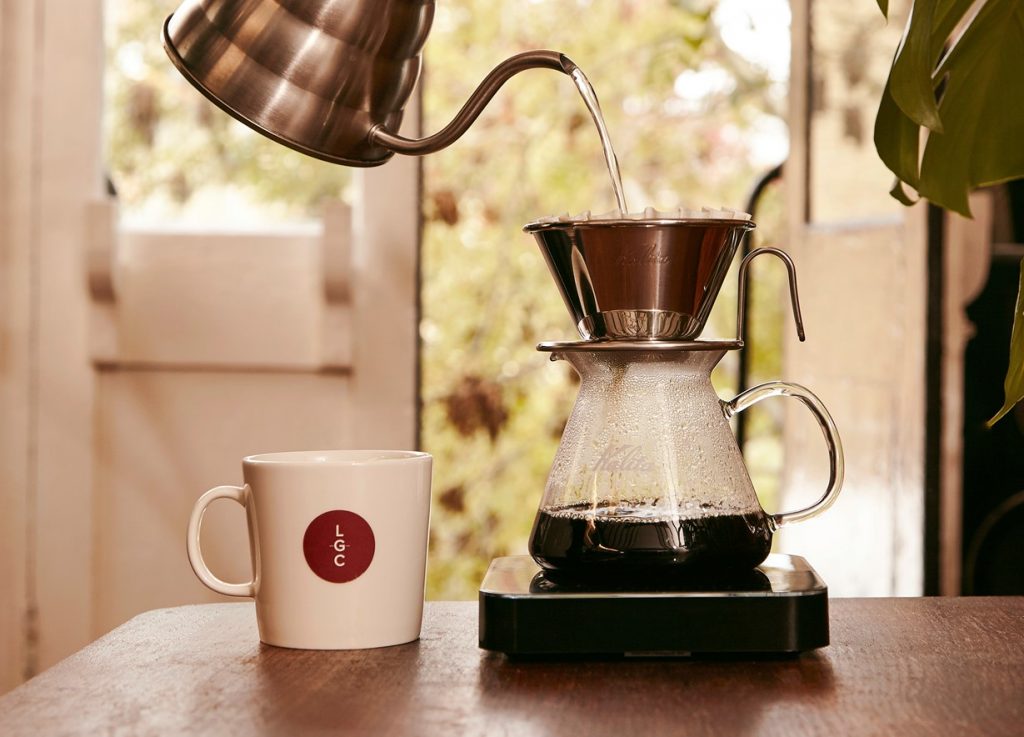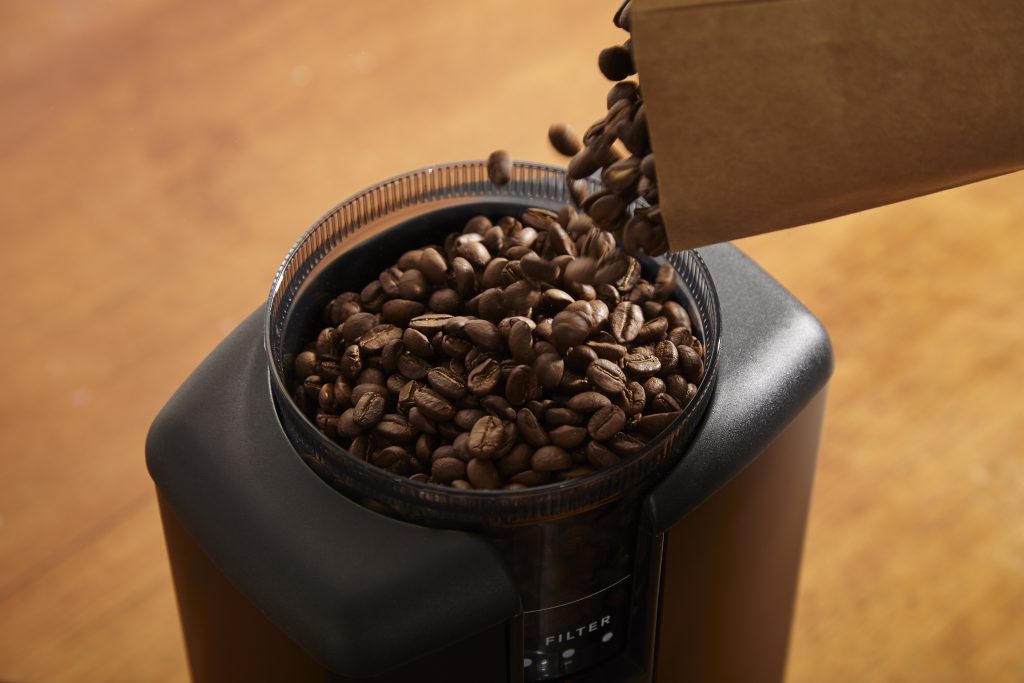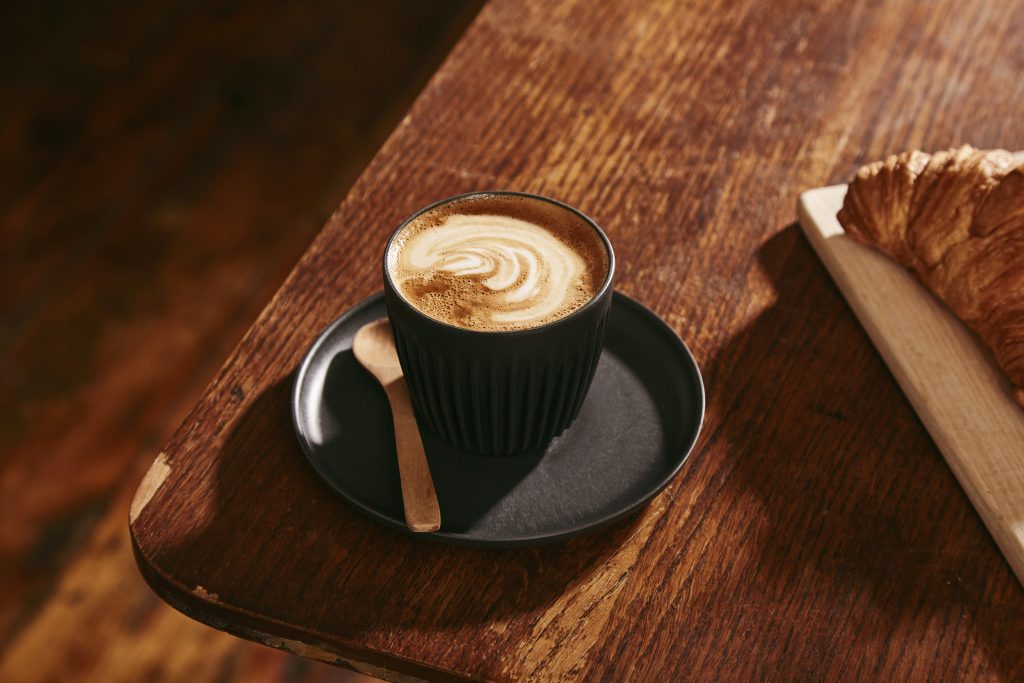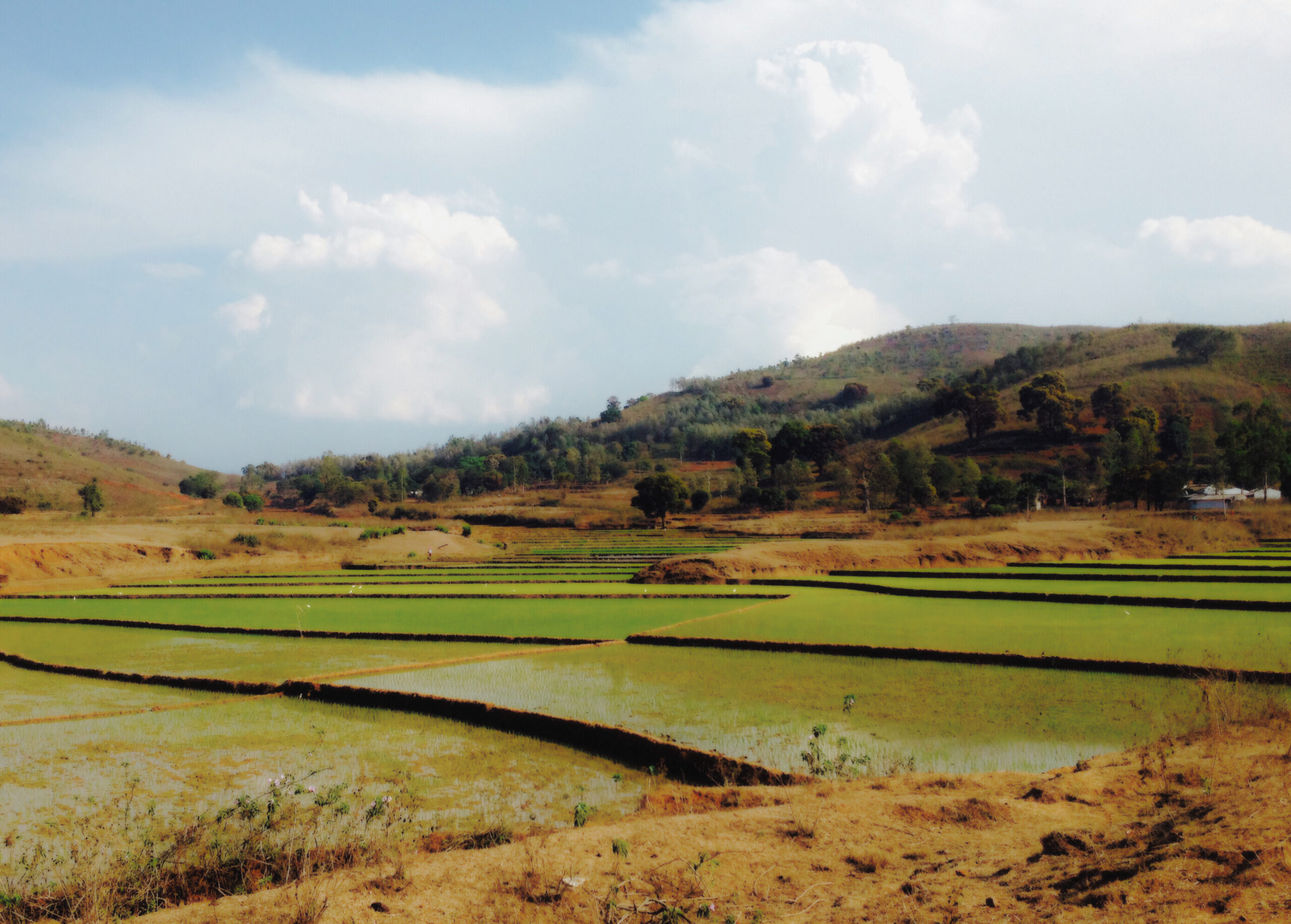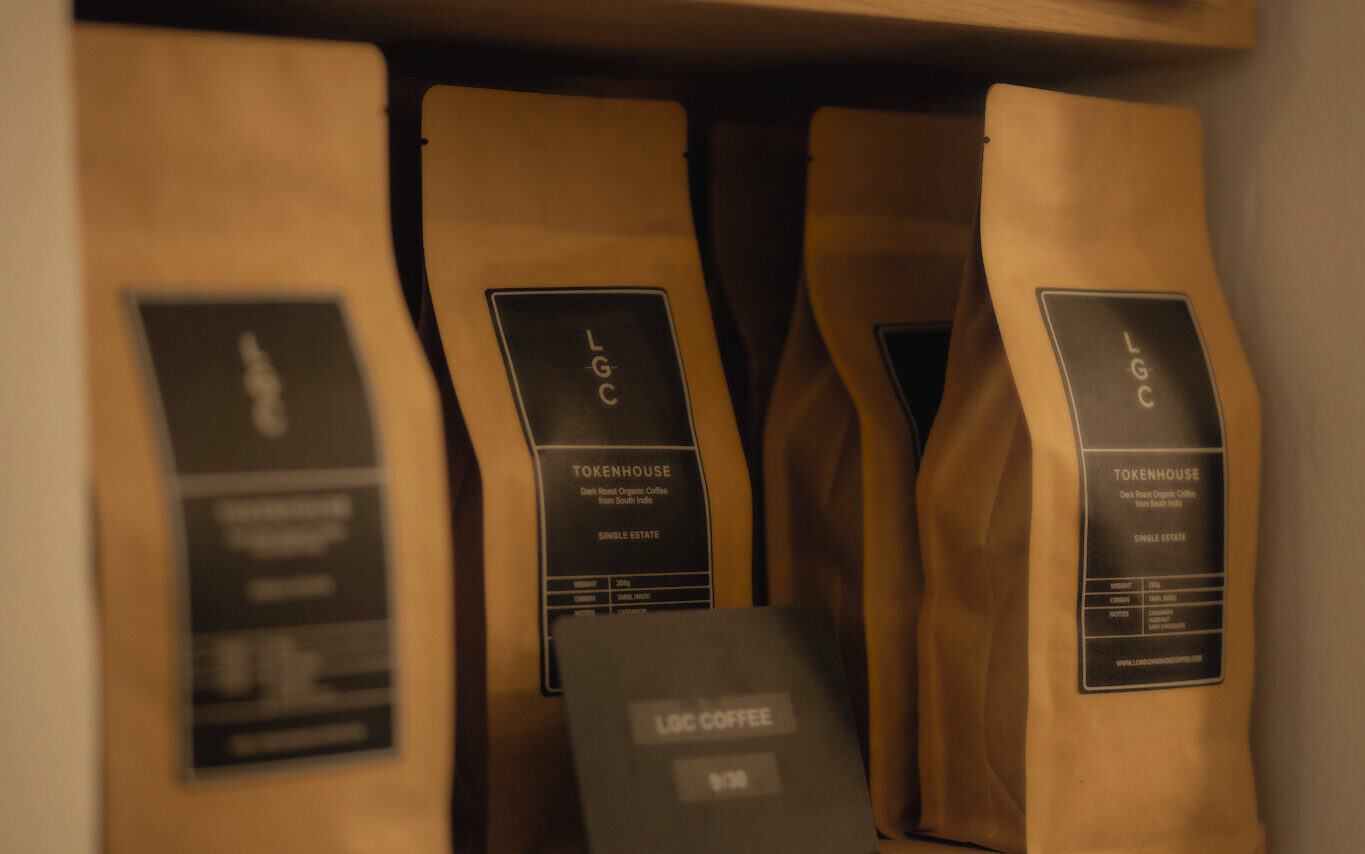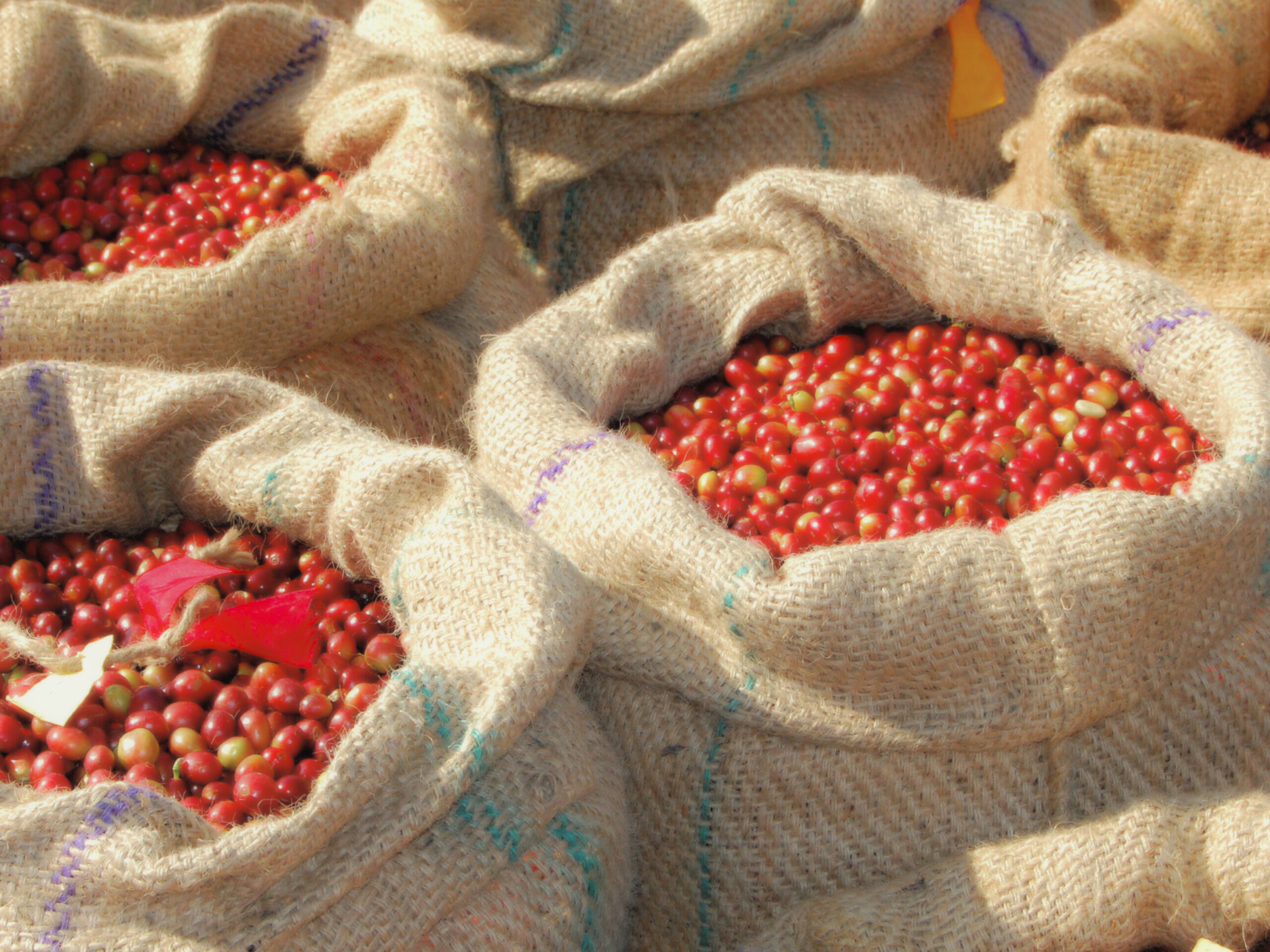
The Secrets to Making a Good Home Brew
22nd April 2021
Why is it important to know the secrets to making a good home brew, when coffee shops are the meeting place for our communities? Since the pandemic, COVID-19 has brought the daily ritual of flat whites and skinny oat lattes to a grinding halt (pardon the pun).
Although the industry has been affected in a multitude of ways, it has given way to the rise of home brewing – a seemingly simple process, however disgusting if you do not know what you are doing. So what are the secrets to making a good home brew? Keep reading, because this article will unveil some of the most important home brewing tips which will inevitably make a noteworthy improvement to the coffee which you now have to drink at home.
Weighing
Weigh your coffee! Weighing your coffee is perhaps the most important tip we can give you — ratios matter, so invest in some digital scales. The ratio of coffee to water gives you correct, consistent flavour and therefore detrimental to your brew. Too much coffee and your brew will be too strong, too much water and it will be too weak. Although that seems obvious, weighing also means you can perfect your own recipe, so you’ll never have to wing it with guesstimated tablespoons again. At LGC we use Acaia, and they are ultimately the backbone to our business. Other brands such as Brewista and Rhino are just as good and slightly more affordable.
Grinding
Grind your coffee fresh! Buy and store it in bean form and then grind the coffee when you need it. Although it might not be as convenient as buying pre-ground coffee, investing in a home grinder will change your home brewing game tenfold. Once coffee beans have been ground, within 15 minutes, the coffee oxidises, significant flavour and aroma will be lost, and its essential oils begin to dilute.
If you are buying coffee from a speciality roaster then it is certainly worth the investment., in order to maximise your purchase. We have two recommendations for you which are available to buy from our website: the Wilfa Svart, and the Baratza Encore.
If a grinder is not available to you, and not something you wish to invest in, then it is important you know how to store it. You need to protect your coffee from the following: excessive air, moisture, heat and light. Oh and a common misconception — coffee should not be kept in the fridge. Storing it there will create too much moisture, and the coffee will also begin to absorb the aromas in your fridge — which no one wants!
Filtering
Filter your water! Water hardness has a significant impact on the flavour of coffee — Your local cafe knows this and that is why they use complex filtration systems. Using tap water will allow minerals such as chloride to get into your brew and this will impair the taste. Your mug of coffee is approximately 98% water and 2% coffee, so by using filtered water will make a significant improvement to your home brews. Peak Water has designed an adjustable water filter exactly for this. Using a water filter also reduces your plastic consumption, as you avoid bottled water — therefore it’s a win win situation.
Just remember, you have a greater chance of brewing an exceptional cup of coffee if you have greater control over the brewing process. We have made a series of brew guides for each brewing method just to make your life a whole lot easier. Enjoy 🙂
